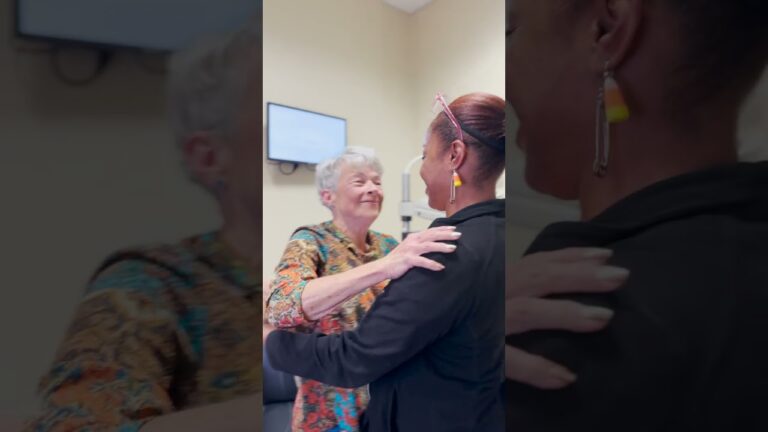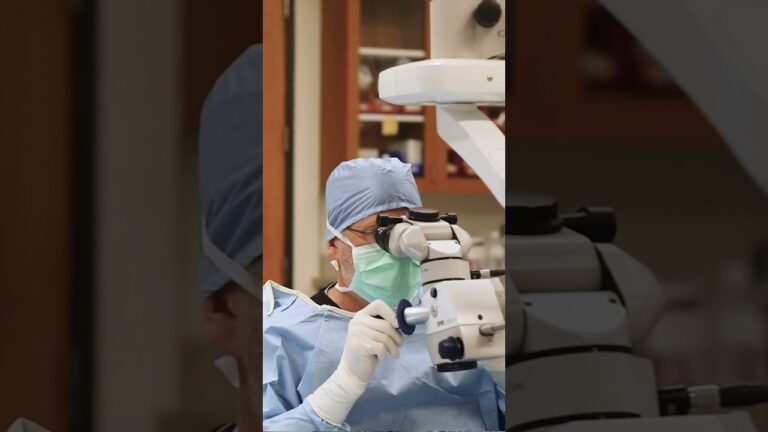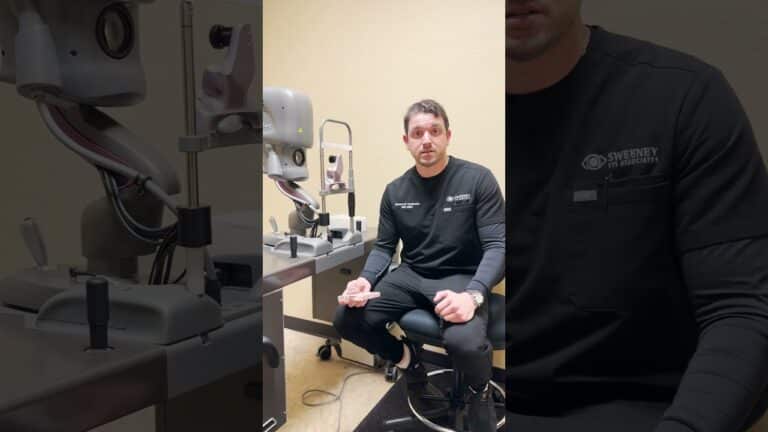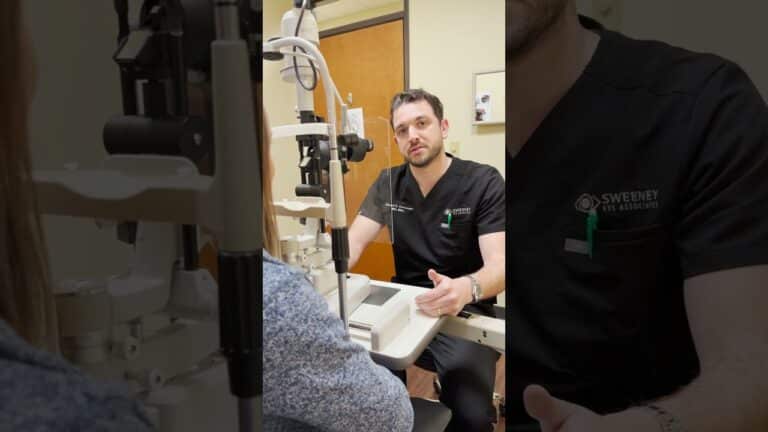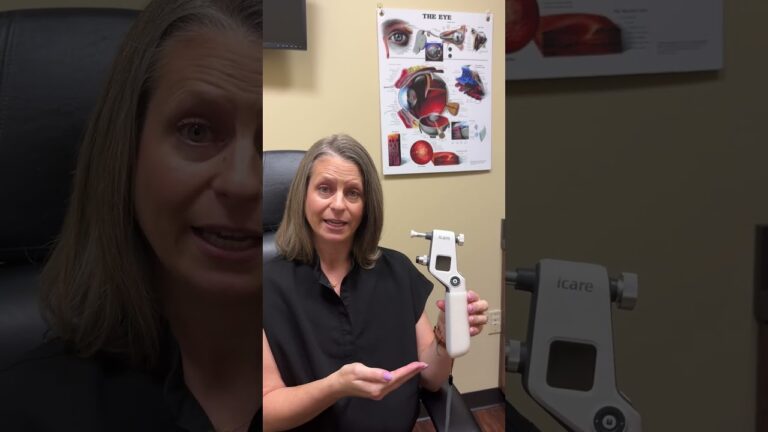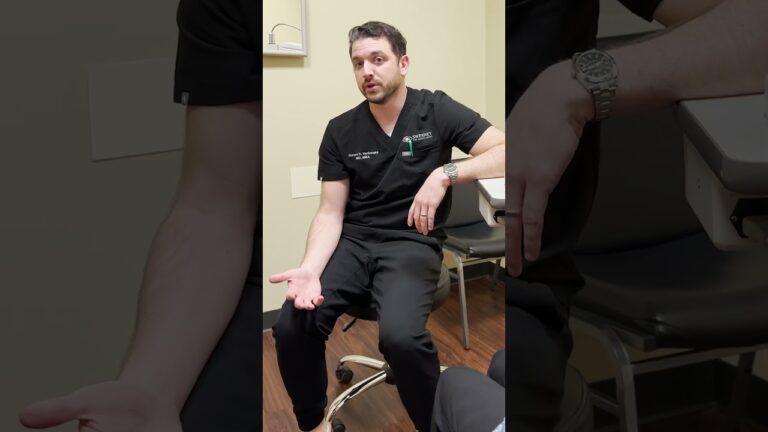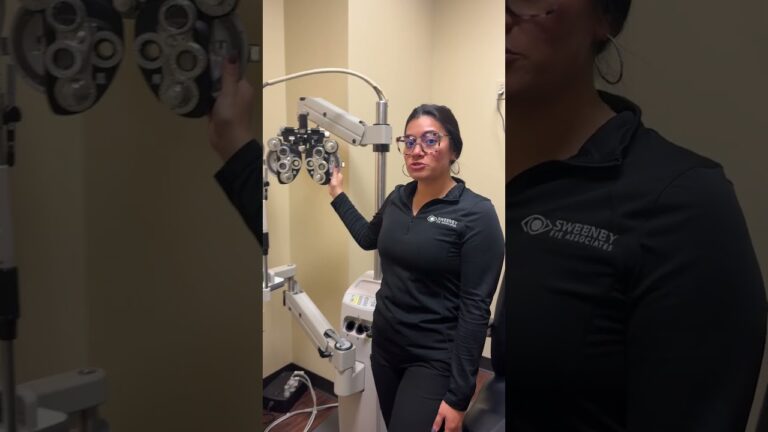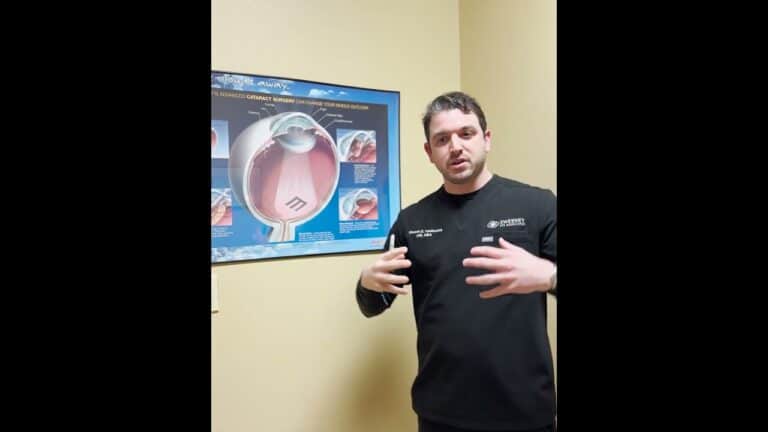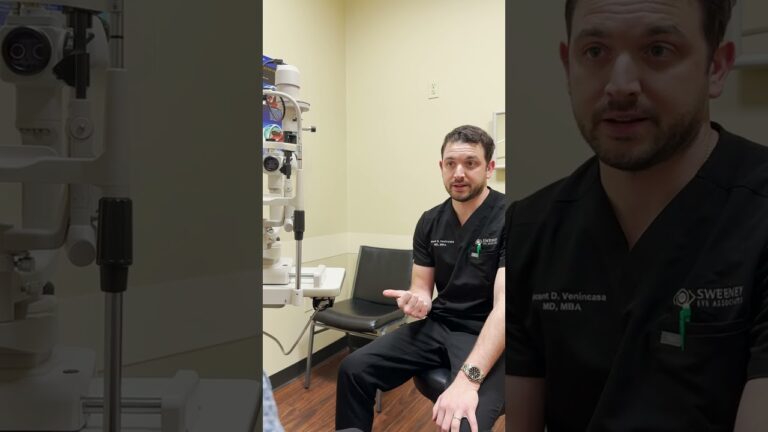From Blurry to Bright: How Laser Cataract Surgery Changed My Life
Cataracts,Featured,Laser Assisted Surgery
This patient has clear vision after laser-assisted cataract surgery with Dr. Vincent Venincasa at Sweeney Eye Associates in the Dallas–Fort Worth area.
Read MoreDo You Accept My Insurance?
Do you accept my insurance at Sweeney Eye Associates? We contract with most major medical insurance companies. We recommend that you contact your insurance company before you come in to make sure that you are considered in network with our offices. There are plans that have narrow networks, so while Sweeney Eye Associates contracts with…
Read MoreHow I Got Clear Vision After Refractive Lens Exchange with the Light Adjustable Lens
Cataracts,Light Adjustable Lens,Premium Lens Options,Refractive Lens Exchange,Vision Correction
After I got the light adjustable lens, I obviously no longer had to wear contacts or glasses. I didn’t have to wear readers, small print. The light has to be really good, but heck after everything before this, it’s amazing how great my, my vision is. I got my first pair of glasses when I…
Read MoreHow Cataract Surgery with the Light Adjustable Lens Improves Your Vision
Cataracts,Light Adjustable Lens,Premium Lens Options,Vision Correction
Do you have astigmatism or can’t see near or far? In this video, Dr. Vincent Venincasa shares valuable insights on the Light Adjustable Lens, a new type of lens used in cataract and refractive lens exchange surgeries.
Read MoreHow Cataract Surgery Can Improve Your Vision
Cataracts,Premium Lens Options
Our cataract experts at Sweeney Eye Associates are here to guide you through personalized premium lens options, ensuring a clear vision tailored to your lifestyle.
Read MoreWhat is the iCare Eye Pressure Test? No More Air Puff!
Learn about the iCare, a revolutionary device that uses rebound tonometry to measure your eye pressure quickly and comfortably. Unlike the traditional “air puff” test, the iCare is non-invasive and gentle, making it a much better experience for patients of all ages.
Read MoreWhat is the Length and Recovery Time for Cataract Surgery?
Cataract surgery is quick, painless, and simple. Dr. Vincent Venincasa discusses what is involved in cataract surgery and recovery.
Read MoreWhat Happens at an Eye Doctor’s Appointment?
Comprehensive Eye,General Eye Care
Wondering what happens during a typical eye exam at Sweeney Eye Associates? This video walks you through a step-by-step tour of our exam room and process, helping you feel comfortable and informed before your visit.
Read MoreHow Refractive Lens Exchange Can Free You from Reading Glasses and Prevent Future Cataracts
Refractive Lens Exchange,Vision Correction
Are you experiencing blurry up-close vision or tired of relying on reading glasses as you get older? Discover how Refractive Lens Exchange (RLE) can transform your vision and life! In this comprehensive video, Dr. Vincent Venincasa explains everything you need to know about this advanced vision correction procedure.
Read MoreHow do I Know I Need Cataract Surgery?
Dr. Vincent Venincasa explains that the decision to have cataract surgery is based on the patient’s symptoms. Typically, when they start having vision problems like glare at night, difficulty reading up close, and blurriness that’s not correctable with glasses, that’s when it’s time to come in for a cataract evaluation.
Read More
